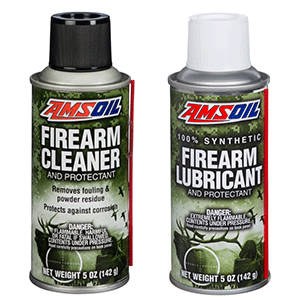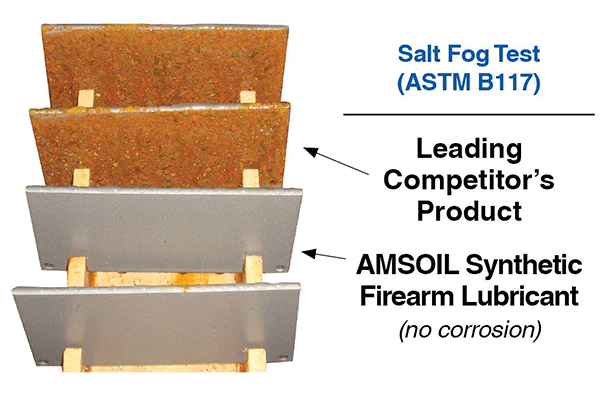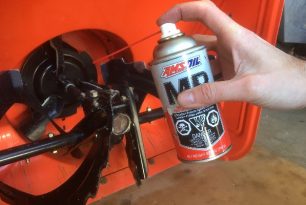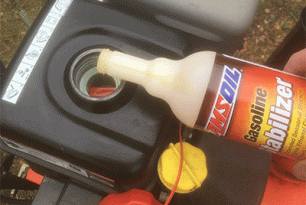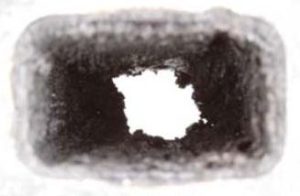How to Clean a Gun for Hunting Season
Fall is fast approaching, which means if you’re an avid hunter, you’ve already been out kicking the bush testing your skills. Because I work during the week, I suppose I can be considered a weekend warrior – not too uncommon among us hunting kind.
That said, you never can plan great weather on the weekends, so we play the hand we’re dealt. At times, depending on what I’m chasing, bad weather is music to my ears. No matter what you are up to or when you do it, there is one thing I can promise: a successful hunt begins with a properly operating gun.

Don’t make the mistake of neglecting your most useful tool, as I did a few years ago on a goose hunt in Iceland, which left me frustrated and cussing. Two things will undoubtedly happen at the worst time: click and no bang, or the security you thought you had in that second or third shot of your semi-auto vanishes, leaving you with a single-banger.
Not good when the geese are coming in droves.
Fortunately, I corrected my faulty actions in Iceland simply by cleaning my shotgun. Yes, it was as simple as that, and I was back up and firing dependably.
Hunting is supposed to be relaxing and fun – don’t make it stressful. Clean your gun! Keep reading and I’ll give you a few tips on the cleaning process.
How to clean a gun
Like I’ve said in the past, I’m not a professional hunter or gunsmith. I’m just an everyday guy who likes to pull the trigger. So, my methods are my methods, which may not be your methods. Everyone is different. We all may use different rods, patches, rags, solvents, lubes, etc. In the end, however, what I strive for is a clean, dependable firearm. Probably not too far off from what you hope for in your firearm.
The following tips are based on personal success, not the success or methods of others. While we all have opinions, I think we can all agree that your firearm will be happier if you clean it using this process.
1) Make sure your gun is unloaded
The first and most critical step. People die every year cleaning a gun they thought was unloaded. Don’t be that person. Double check and make sure the chamber is empty. If the gun holds extra rounds, remove them.
2) Have all the tools you need available
I recommend the following:
- Cleaning rod sized to fit the bore
- Bore brush for scrubbing
- Clean rags you can cut up
- A high-quality cleaner and lubricant like AMSOIL Firearm Cleaner and Protectant and Synthetic Firearm Lubricant and Protectant
I’m a little biased toward the cleaner and lubricant I use since I helped develop these products and I know they work. You may choose another brand and like it. That’s great; but think about giving these two products a try. You won’t be disappointed.
3) Disassemble your gun
Now that we have all the tools we need, let’s get down to business.
I like to completely disassemble my guns. Sure, if I’m in a rush, I’ll leave them together, but to really clean a gun inside and out, you have to take it apart. Reference your user’s manual since it typically provides instructions on disassembly for cleaning. If you are unsure or worried about putting it back together correctly, leave it assembled.
4) Clean the barrel
I start with the barrel. Spray the inside with solvent. Let the solvent soften the residue and wash it out the end of the barrel.
Then, attach a clean rag to your cleaning rod and run it down the barrel a few times. The rag will help remove residue. Look down the barrel and see if it is shiny and smooth. If you haven’t shot much, it may require minimal cleaning. But, often you have to work a little harder to clean it.
Take the dirty rag off the cleaning rod and attach the bore brush. Spray the inside of the barrel again and run the bore brush through the barrel a few times. Remove the bore brush from the cleaning rod and run another rag through the barrel.
Look down the barrel again. It should be smooth and shiny. If not, repeat this process until clean or until you can run a rag through the barrel and have it come out clean. Once the inside of the barrel is clean, run a clean rag dampened with lubricant down the barrel. I use AMSOIL Synthetic Firearm Lubricant and Protectant. This leaves a thin film on the inside of the barrel as protection against corrosion.
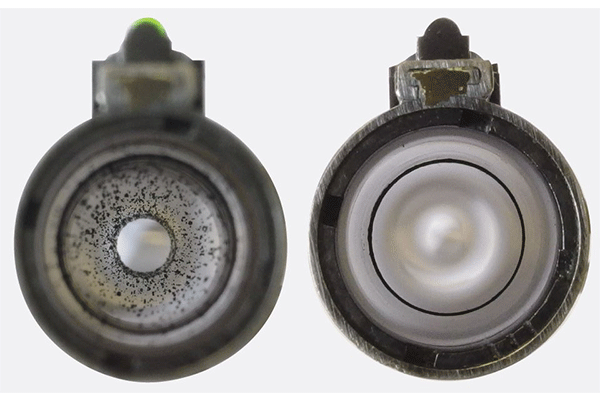
5) Clean the action
Depending on your gun, the action may include several moving parts, and they’re often coated with powder residue. This area is the source of most misfires or jamming issues.
Clean each component of the gun’s action with the same solvent used to clean the barrel. Use a clean rag soaked in solvent to wipe each component clean.
Once clean, dampen another clean rag with lubricant and wipe each action component. The lubricant in this area does multiple jobs. It protects from corrosion and provides the necessary lubrication the action components need as they slide against one another. Without lubricant here, the firearm is exposed to wear, reducing its life and dependability.
6) Reassemble the gun and lubricate external surfaces
Wipe the outside of the firearm with a clean rag dampened with solvent to remove any powder residue, dirt or oil left by your hands. Once clean, take another clean rag dampened with lubricant and wipe all the surfaces. This helps protect the external surfaces from corrosion.
This process is not all-encompassing. It’s possible your user’s manual provides additional cleaning recommendations. Either way you slice it, your gun should be clean, well-lubricated and more dependable than it was before your cleaning process.
I can’t take responsibility for issues resulting in the improper reassembly of your firearm. Like I said, it’s best to know how to put it back together before you take it apart. Or, call your local gunsmith and he’d be happy to help.
Remember, hunting is about reducing stress and coming home with your day’s limit. Don’t let a dirty gun get in the way of that effort. Best of luck hunting this season. Be safe.


